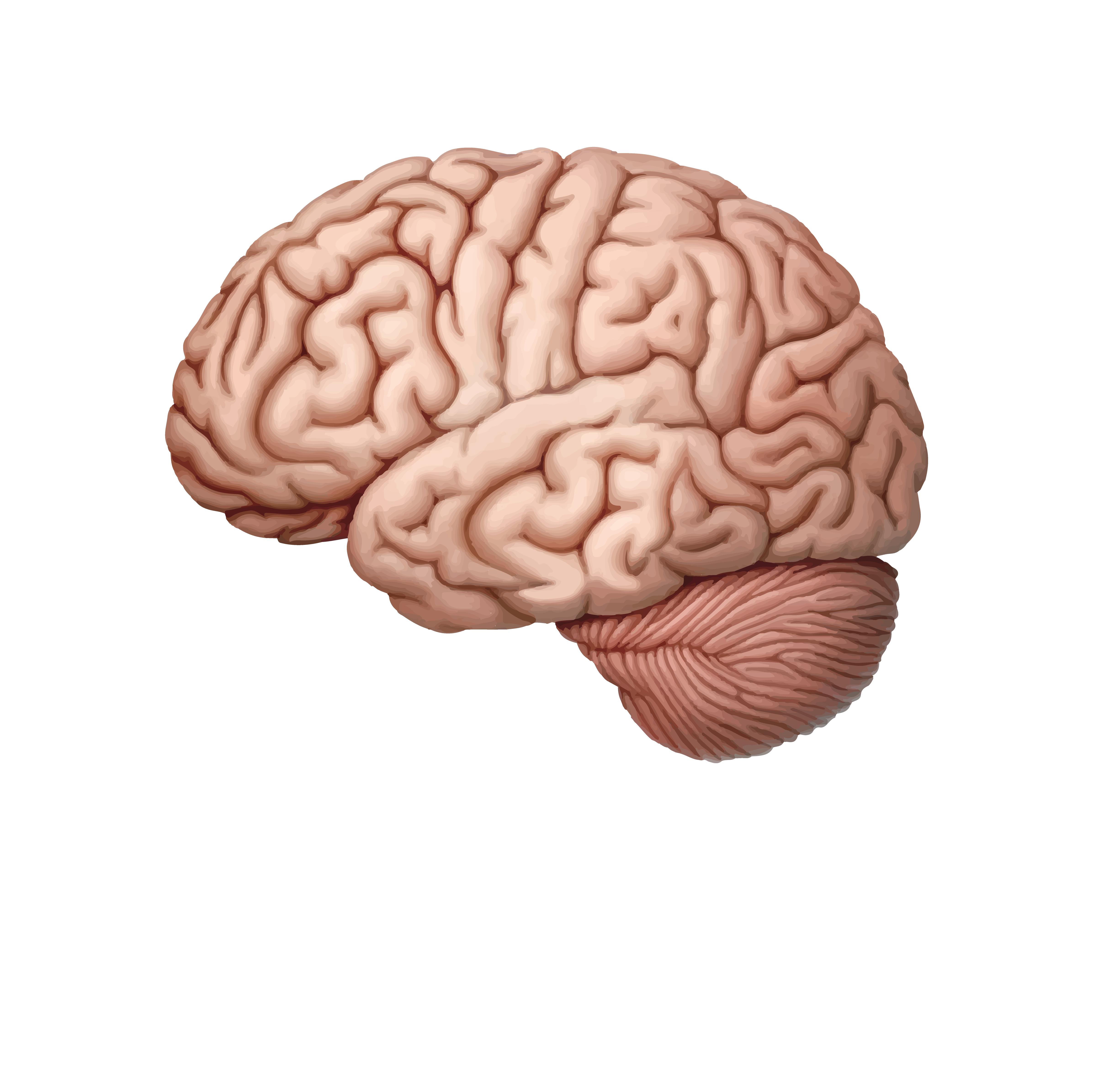Faqs
FAQs
WHAT is Alzheimer’s disease?
Alzheimer’s is a specific degenerative brain disease which is the leading cause of dementia. Dementia is the severe loss of higher cognitive function such as memory, judgment, and language, significant enough to interfere with daily activities. Alzheimer’s is an irreversible, progressive brain disorder that slowly destroys memory and thinking skills, and eventually the ability to carry out the simplest tasks.
WHO is at risk of Alzheimer’s disease?
In the USA Alzheimer’s disease affects:
- 5 million adults.
- 1 out of 10 people, ages 65-75.
- Half of people over 85 yrs.old.
WHEN does Alzheimer’s disease begin?
Damage to the brain may begin as many as 10 to 20 years before any problems are evident. Memory problems are often the first signs of the disease. Some people develop a condition known as mild cognitive impairment (MCI). They have more memory problems than normal for their age, but their symptoms are not as severe as in Alzheimer’s. Individuals with MCI are at increased risk for developing Alzheimer’s disease. Most people with Alzheimer’s disease have “late onset” Alzheimer’s, which usually develops after age 60. In rare cases, people develop “early onset” Alzheimer’s in their 30’s, 40’s and 50’s due to a genetic mutation.
WHERE does Alzheimer’s disease develop?
Alzheimer’s disease develops in stages, beginning in an area of the brain known as the hippocampus - essential in forming memories - and spreading to the cortex. As the disease progresses, it destroys healthy tissue, causing those areas of the brain to shrink.
WHY do some people get Alzheimer’s disease?
Researchers are still studying why certain people develop Alzheimer’s. Scientists have identified several genes that may influence the development of the disease. Obesity, cardiovascular problems, diabetes, poor diet, lack of physical exercise, and lower education may be risk factors for developing Alzheimer’s disease. There is a higher incidence of such environmental, lifestyle and behavioral factors among African-Americans, which may be linked to the elevated rates of Alzheimer’s within the community.
HOW is Alzheimer’s disease diagnosed and treated?
Doctors can determine fairly accurately whether a person who is having memory problems has “probable Alzheimer’s disease”; however, Alzheimer’s can be definitively diagnosed only after death by examining the brain through autopsy. There are several medications that have been approved by the FDA, that can help maintain mental function. Currently there is no cure for Alzheimer’s; however, diagnosis and treatment in the early stages of the disease can help preserve function for months to years. Also, early diagnosis can provide opportunities for people to get involved in clinical trials.
